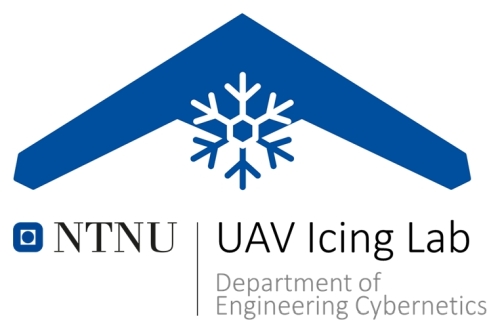The NTNU UAV Icing Lab has obtained funding for a new research project in collaboration with UBIQ Aerospace. Together, they have received 9.1MNOK (0.8MEUR) in funding from the Norwegian Research Council for an innovation project with the title Zero Ice Shield: D•ICE Ice Protection for Aviation’s Green Evolution.
The project’s motivation is the development of new mobility solutions for aviation, transitioning towards green technologies like electric, hybrid, or zero-emission aircraft. These emerging green aircraft concepts, while still under development, will play a pivotal role in reducing emissions within the aviation sector and achieving climate goals. However, as these aircraft concepts are becoming more and more technically mature and commercially viable, they need to address an ongoing threat to aviation safety: in-flight icing.
Today’s ice protection systems are designed primarily for conventional large passenger transport aircraft (airliners) with large, power-intensive engines. Traditional ice protection systems do not align with the stringent size, weight, and power constraints required for novel zero-emission aircraft concepts. The mismatch highlights a pressing need for innovation in ice protection technologies – an innovation that will be addressed with the current research project.
Together, UBIQ Aerospace and the NTNU UAV Icing Lab, will adapt and develop UBIQ’s existing D•ICE electrothermal ice protection system and ice detection to be suitable for zero-emission large passenger aircraft. The project will furthermore focus on certification requirements for such technologies and conduct experimental testing in icing wind tunnels and flight.

